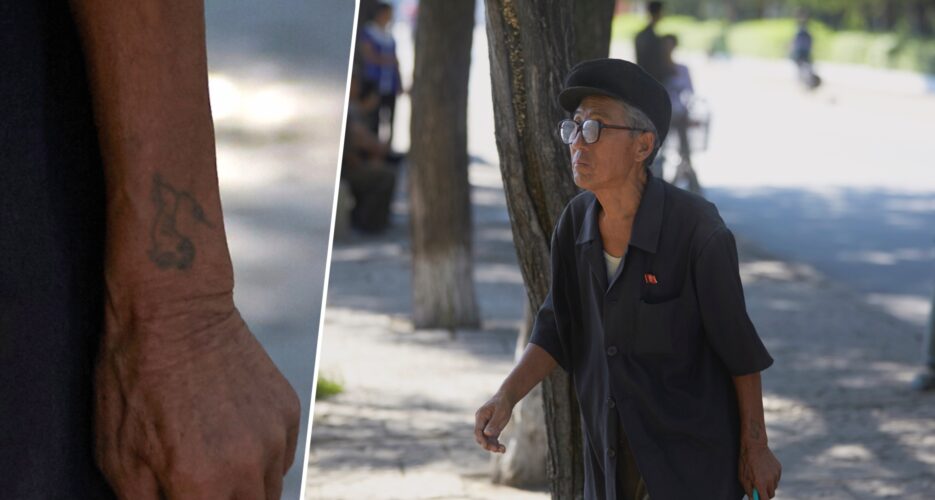Ask a North Korean: Do North Koreans get tattoos?
Ink is common among older generations, but usually as a way to show loyalty rather than as a form of self-expression
An elderly North Korean man with a tattoo on his wrist | Image: NK News (Sept. 2015), edited
“Ask a North Korean” is an NK News series featuring interviews with and columns by North Korean defectors, most of whom left the DPRK within the last few years.
Readers may submit their questions for defectors by emailing [email protected] and including their first name and city of residence.
“Ask a North Korean” is an NK News series featuring interviews with and columns by North Korean defectors, most of whom left the DPRK within the last few years.
Readers may submit their questions for defectors by emailing [email protected] and including their first name and city of residence.
Try unlimited access
Only $1 for four weeks
-
Unlimited access to all of NK News: reporting, investigations, analysis
-
Year-one discount if you continue past $1 trial period
-
The NK News Daily Update, an email newsletter to keep you in the loop
-
Searchable archive of all content, photo galleries, special columns
-
Contact NK News reporters with tips or requests for reporting
Get unlimited access to all NK News content, including original reporting, investigations, and analyses by our team of DPRK experts.
Subscribe
now
All major cards accepted. No commitments – you can cancel any time.
© Korea Risk Group. All rights reserved.
No part of this content may be reproduced, distributed, or used for
commercial purposes without prior written permission from Korea Risk Group.

